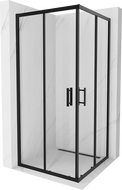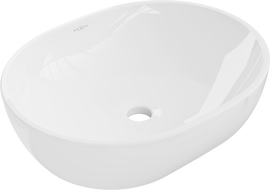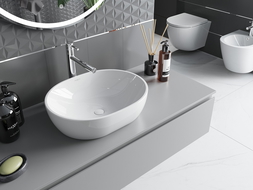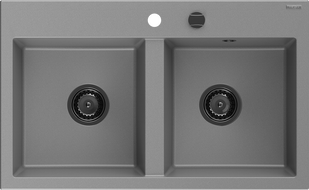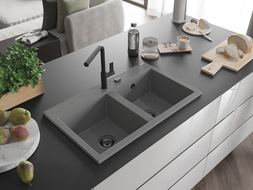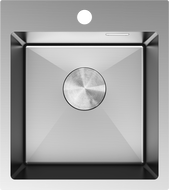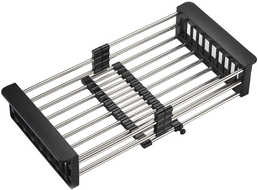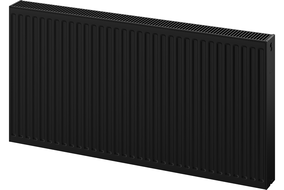
The kitchen is associated with beautiful aromas, freshly brewed coffee, homemade cake from the oven, or Sunday dinner. Unfortunately, sometimes an unpleasant smell appears from the sink in the kitchen. Why? Where does this unpleasant smell come from? There could be several reasons, most of which, fortunately, can be removed on your own using simple home methods. First and foremost, of course, you need to ensure the proper flow of the pipes and the cleanliness of the sink.
Where does the bad smell from the sink come from?
The simplest answer to the question of the bad smell from the sink is simply a clogged drain. Food scraps stuck in it spoil and ferment, emitting this unpleasant smell. This problem can be easily dealt with by yourself; you just need to clean the siphon. A little more effort will be required if the further sections of the sewer pipe get clogged; in this case, simply cleaning the sink drain might not suffice, and occasionally a professional will need to be called.
It may also happen that the cause of the unpleasant odour coming from the sink drain is due to a lack of water in the sewer. If it's because you decided to cut off the water supply to the house before a long trip, just turn it back on and thoroughly rinse the drain. If the lack of water is a result of a bigger breakdown, unfortunately, you'll have to wait until the water services resolve the issue. The unpleasant odour can also appear in winter when air from the pipes "bounces" back and enters the apartment through the drain; there's not much you can do about this, but fortunately, it happens very rarely. In this situation, it's easiest to simply plug the drain with a stopper.
How to prevent an unpleasant smell?
Daily dishwashing, food preparation, and even hand washing cause not only water but also detergents, food scraps, and just plain dirt to enter the sink drain. If you do not maintain the sink regularly and properly, unpleasant odours may start to come out of it. The sediment accumulating on the walls of the siphon not only becomes a breeding ground for harmful bacteria but also gradually reduces the flow, leading to blockages.
To avoid a bad odour, you need to ensure that large food scraps do not enter the sink. In other words, try to clean your plate or pot of any residual food as much as possible before placing it in the sink basin. The second, equally important thing is to equip the sink with a strainer placed in the sink hole. Its role is to catch larger food pieces falling into the sink.
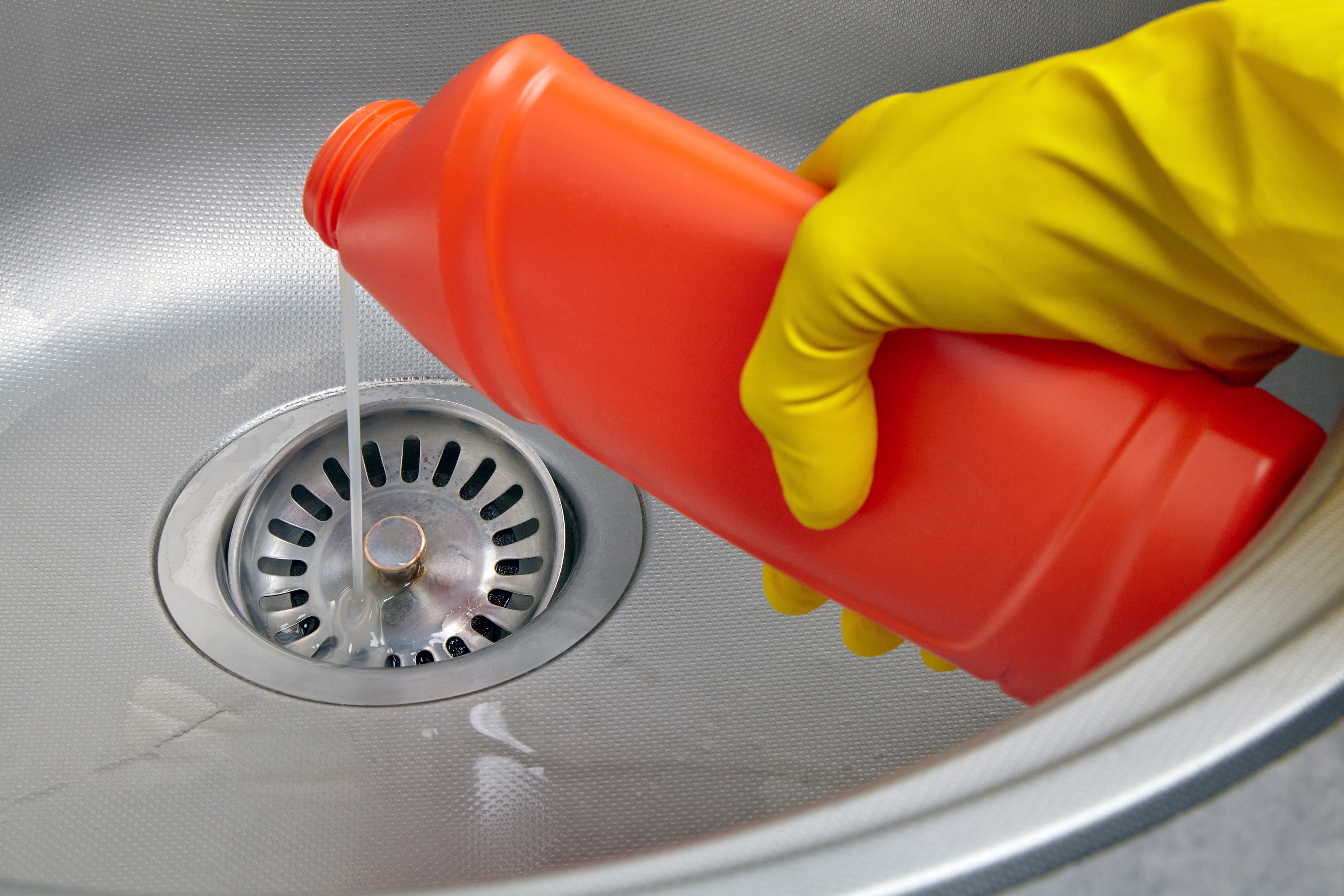
Unfortunately, a bad smell from the sink has already appeared
Even though you maintain the cleanliness of the sink and ensure nothing that could clog it enters the drain, a bad smell has appeared. What now? You don't have to call a plumber right away; first, try to solve the problem yourself. Start by cleaning the strainer, as its cover often traps food scraps, hindering the smooth emptying of the sink of water. Another tried and tested method in many cases is to unscrew the siphon and remove any debris collected in the bend. You can also try to mechanically unclog the drain using a special rubber plunger.
If that doesn't help, it's worth trying proven home methods with baking soda and spirit vinegar as the main ingredients. Baking soda is known for its cleaning, disinfectant, and bacteriostatic properties. You need to pour baking soda into the sink hole, about half a cup of soda, and add a cup of vinegar to it. A vigorous chemical reaction that occurs when the two ingredients are mixed will unclog the drain and simultaneously remove the bad smell.
What if not baking soda?
If you don't have baking soda on hand, you can use just vinegar. Simply pour a cup of vinegar down the drain and leave it for a while. Then flush the sink with two cups of boiling water; this should remove the unpleasant odour and unclog the drain. Despite the obvious benefits of using vinegar to remove a blockage in the sink, many people complain about the unpleasant smell of the vinegar itself. In this situation, you can use lemon juice. Using juice is not only an effective method for unclogging pipes, but it also gives the kitchen a fresh scent.
If you keep the sink clean, regularly clean the siphon, and make sure food pieces do not enter the drain, you don't have to worry about a bad smell coming from the sink. In the event that it does happen, you can quickly remove it with just hot water; pour a little clean water inside, and the bad smell will disappear. You can apply the same procedure to the shower drain. An unpleasant odour there is just as bothersome as in the kitchen. Fortunately, you can deal with it using home methods. First, clean the strainer, then unscrew the siphon and get rid of any potential dirt. Thoroughly screw the clean element back on and pour hot water in; in most cases, just water will be enough to eliminate the unpleasant odour. If you like, you can add a bit of bleach, which will additionally disinfect the entire shower drain.

